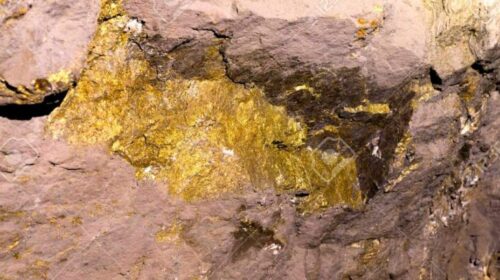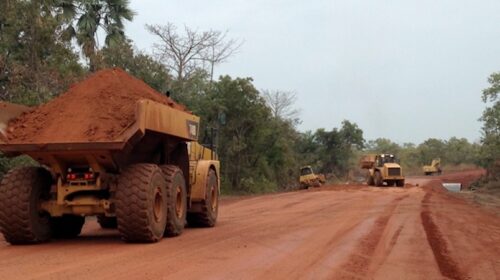Barrick Prioritizes Copper Expansion Amid Renewable Energy Transition
The global copper industry has long grappled with underinvestment, hindering its ability to meet the rising demand driven by the worldwide transition to renewable energy.
However, Barrick, recognized the critical importance of copper in the greening of the global grid and made its expansion a strategic priority following the merger with Randgold five years ago.
Barrick’s thorough review of its global assets identified two significant opportunities: the Lumwana mine in Zambia and the dormant Reko Diq project in Pakistan.
The Lumwana mine, once struggling, underwent a remarkable transformation under Barrick’s new management. Through restructuring and re-engineering efforts, Barrick revitalized the operation and embarked on a Super Pit expansion project.
This endeavor is set to transform Lumwana into one of the world’s largest copper mines, with an estimated annual production of around 240,000 tonnes over a lifespan of more than 30 years. This initiative aligns with the Zambian government’s efforts to revive the country’s copper industry.
Simultaneously, Barrick revisited the Reko Diq project in Pakistan, home to one of the world’s largest undeveloped copper-gold deposits.
Despite being stalled at the feasibility stage for almost a decade, Barrick revitalized the project through a reconstituted ownership structure.
Barrick now owns 50% and will operate the mine, with Pakistani state-owned enterprises holding 25%, and the government of the Balochistan province holding the remaining 25%. This structure ensures that the province and its people will receive significant economic benefits from the mine.
Both projects are on track for first production in 2028, positioning Barrick as a major player in the upper tier of copper miners. Analysts predict that both gold and copper are entering a new commodity super cycle, where demand outpaces supply, leading to high prices for years to come.
Mark Bristow, Barrick’s President and CEO, emphasized the significance of the Reko Diq project, highlighting its large scale, low strip, and high-grade orebodies.
He underscored Barrick’s track record of success in seeing projects of this magnitude through from construction to operation and emphasized the company’s commitment to partnering with host countries for the benefit of all stakeholders.
As with its other operations, Barrick is dedicated to promoting the development of a sustainable local economy around the mine, ensuring lasting benefits for the communities it operates in.
![]()





